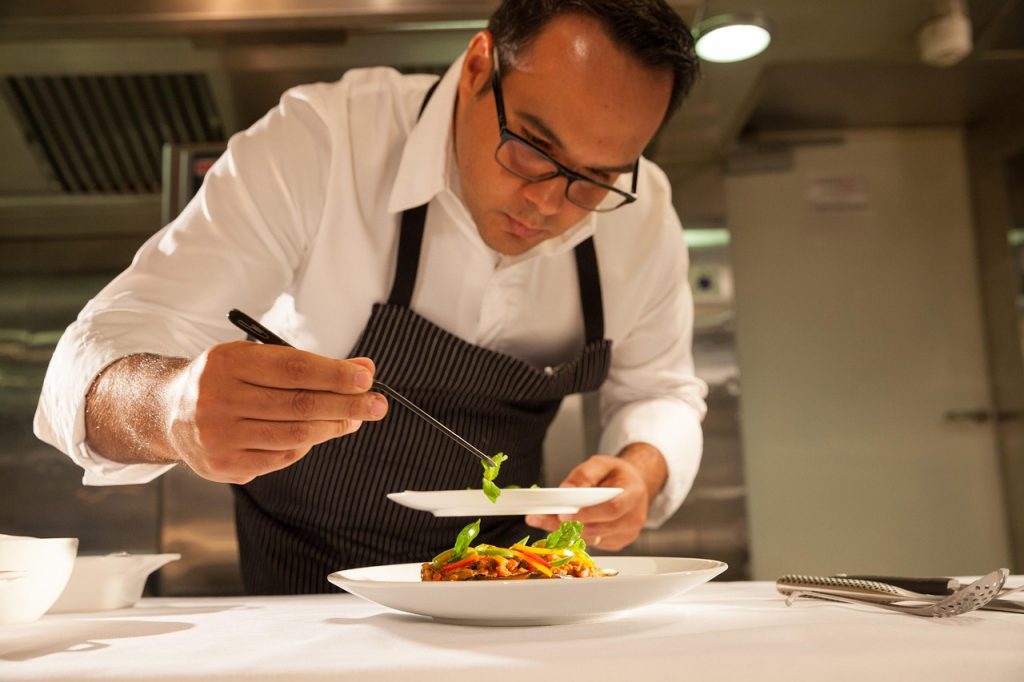In its fourth season, “The Bear” delves into the tantalizing allure of Michelin stars and their impact on culinary ventures. As Carmy Berzatto and his team grapple with the looming threat of closure, the pursuit of a Michelin star emerges as a beacon of hope according to The New York Times. This narrative taps into a broader conversation within the food industry: can such accolades genuinely safeguard a restaurant’s future, or do they merely serve as a fleeting badge of honor?
The season cleverly oscillates between grand ambitions and intimate moments, reflecting the dual nature of the culinary world—simultaneously vast and deeply personal. Through its portrayal of Carmy’s journey, the show mirrors the real-world struggles of restaurateurs who seek not just survival but prestige. This highlights a growing trend where culinary excellence is increasingly measured by external validation rather than intrinsic quality or community impact.
Looking beyond the screen, the obsession with Michelin stars underscores an evolving dynamic in the restaurant industry. As consumers become more discerning and food culture more nuanced, the significance of such accolades is being re-evaluated. While stars can boost visibility and attract new patrons, they also impose immense pressure and expectations. This duality raises questions about sustainability and the true essence of culinary art.
The season’s conclusion leaves viewers pondering the future of Carmy and his restaurant, inviting us to question our own perceptions of success. As the food industry continues to evolve, will we see a shift towards more authentic, community-driven dining experiences, or will the allure of accolades remain irresistible? How might this tension shape the next wave of culinary innovation and influence the broader food landscape?


